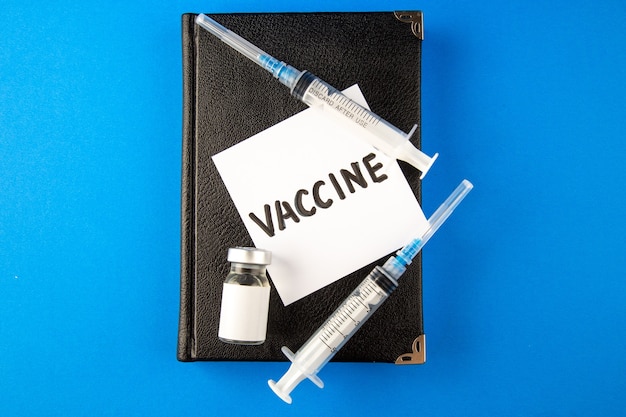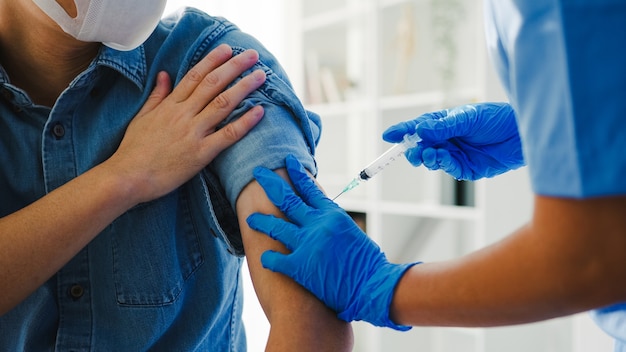In a decisive move aimed at strengthening public health resilience, Massachusetts has taken an aggressive stance on combating the ongoing threat of COVID-19. State leadership has effectively ensured that every resident aged 5 and older has access to the latest vaccine boosters, signaling a proactive approach amid shifting national guidelines and public sentiment.
This initiative, while not mandating vaccination, removes barriers by treating booster access as a standard public health service—akin to a universal prescription. The strategy reflects growing concerns over waning immunity, emerging variants, and uneven vaccination rates across the country.
As national consensus on vaccine policy continues to fragment, states are increasingly charting their own paths. While federal guidance provides a framework, local governments are adapting based on regional health data, community needs, and public trust. Massachusetts’ approach stands out for its inclusivity and forward-thinking model.
By ensuring that every individual over the age of 5 can easily receive an updated booster, the state is prioritizing prevention over reaction. This move aligns with recommendations from leading health organizations that emphasize the importance of staying current with vaccinations, especially for vulnerable populations.

Community vaccination efforts are central to Massachusetts' booster accessibility plan.
The decision to include children as young as 5 is grounded in scientific evidence showing that while younger individuals typically experience milder symptoms, they can still transmit the virus and, in rare cases, suffer from severe outcomes or long-term complications such as multisystem inflammatory syndrome (MIS-C).
Moreover, vaccinating school-aged children contributes to broader community immunity, helping protect those who are immunocompromised or unable to receive vaccines for medical reasons. Schools, pediatricians, and local clinics are now key partners in delivering boosters efficiently and safely.
The term 'prescription' is used metaphorically to describe a system where no prior medical authorization is needed. Instead, boosters are treated as routinely available—similar to flu shots during peak season. Residents do not need a doctor’s note or specific risk factor to qualify.
This model streamlines access through:
The goal is to normalize booster uptake and reduce hesitation by embedding vaccination into everyday healthcare routines.
One of the most significant challenges in public health is ensuring equitable access and trust. Massachusetts has invested in outreach programs targeting communities with historically low vaccination rates, including communities of color, rural populations, and non-English speakers.
Culturally competent messaging, mobile clinics, and partnerships with trusted local leaders help bridge gaps in information and access. These efforts are critical to avoiding disparities in health outcomes.

Community engagement is vital to building trust and improving vaccine uptake.
While Massachusetts pushes for broad booster access, other states have taken more restrictive or passive approaches. Some have limited funding, while others face political resistance to public health mandates. This divergence underscores the decentralized nature of U.S. public health policy.
Experts warn that patchwork policies could lead to regional outbreaks and increased strain on healthcare systems. A coordinated, science-driven approach—like the one adopted in Massachusetts—may serve as a model for other states aiming to balance personal choice with collective well-being.
As the virus continues to evolve, so too must public health strategies. Regular updates to vaccines, improved delivery systems, and sustained public education will be essential. The Massachusetts model suggests that treating boosters as a routine part of healthcare—not just an emergency response—could be the key to long-term resilience.
Ultimately, the success of this initiative will depend on ongoing monitoring, adaptability, and public cooperation. By making boosters easily accessible to all residents over 5, the state is investing in a healthier, more prepared future.
Stay informed. Stay protected. Your health matters.

Health

Health

Health

Health

Health

Health

Health

Health

Health

Health

Health

Fitness

Health

Health